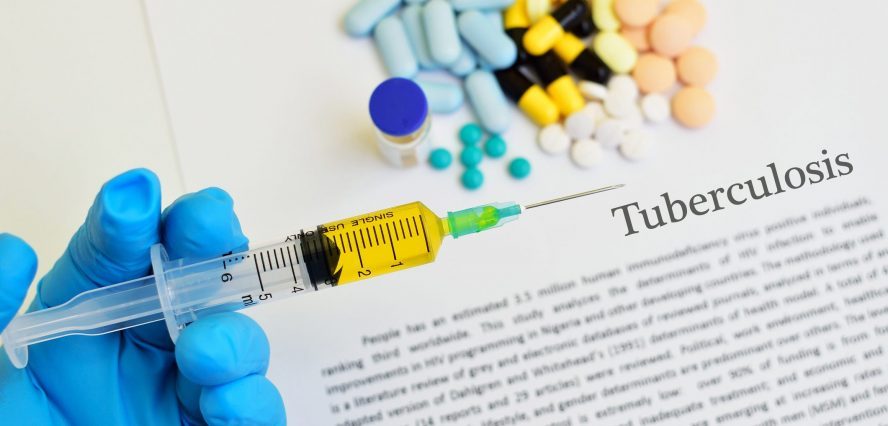In a determined push to eliminate tuberculosis by the end of 2025, the Rajasthan government has launched one of India’s largest public health mobilizations—a statewide door-to-door TB survey involving more than 50,000 ASHA workers.
The campaign, which began this week and will run until July 11, targets early detection of active TB cases, especially among high-risk and vulnerable populations. These include individuals living with HIV, diabetes, and malnutrition, as well as tobacco users, alcohol-dependent individuals, migrant laborers, tribal communities, and people in overcrowded or unhygienic conditions such as slums, jails, mining camps, and construction sites.
A Grassroots Approach to Detection
Armed with screening tools and basic protective equipment, Accredited Social Health Activists (ASHAs) are fanning out across every district of Rajasthan, knocking on doors, identifying symptomatic individuals, and referring them for further testing, including sputum tests and chest X-rays.
Each ASHA worker will receive an incentive of ₹10 per household visited—a move health officials say will not only encourage participation but also acknowledge the frontline role these women play in the state’s rural healthcare framework.
The survey is expected to cover more than 8 million households, with key focus areas being high-burden districts such as Jaipur (1.59 million households), Jodhpur (880,000), Alwar (870,000), Nagaur (780,000), and Udaipur (730,000).
‘End TB’ Deadline Drives Urgency
India’s national target to eliminate tuberculosis by 2025—five years ahead of the global Sustainable Development Goal deadline—has prompted a surge in interventions. Rajasthan, a state with a historically high TB burden, has aligned itself with this mission by adopting an aggressive surveillance model.
Health department officials say every confirmed TB case found during the survey will be enrolled in free treatment programs, with follow-up by local health workers to ensure medication adherence and nutrition support.
Community at the Core
Health experts underline that the campaign’s success will hinge not only on coverage but also on public cooperation and trust.
“ASHAs are often the only link between rural households and healthcare systems,” said a senior official from the State TB Cell. “Their involvement is crucial in breaking the chain of undiagnosed transmission.”
The initiative also reflects a larger shift toward community-led public health surveillance—where routine data collection, symptom tracking, and proactive engagement are being scaled in response to both infectious and non-communicable diseases.


